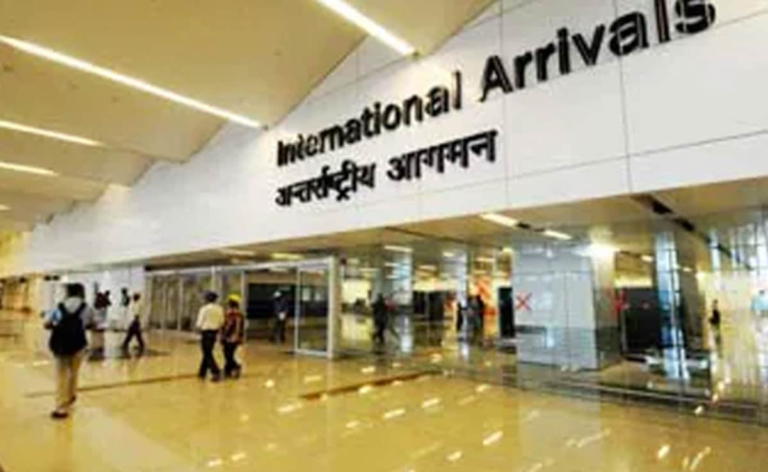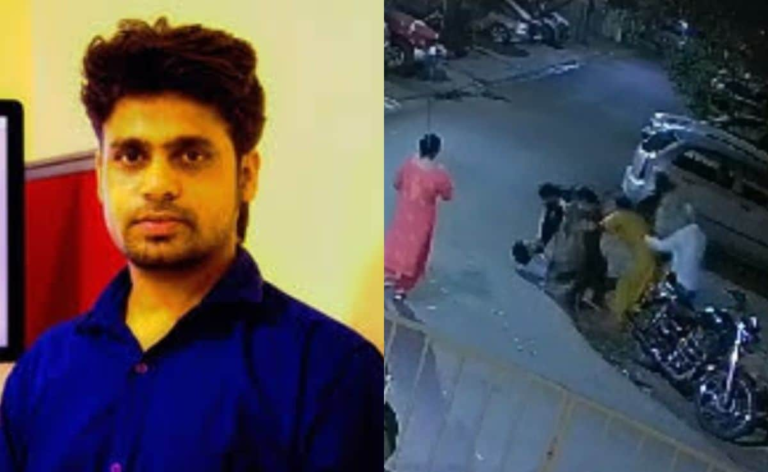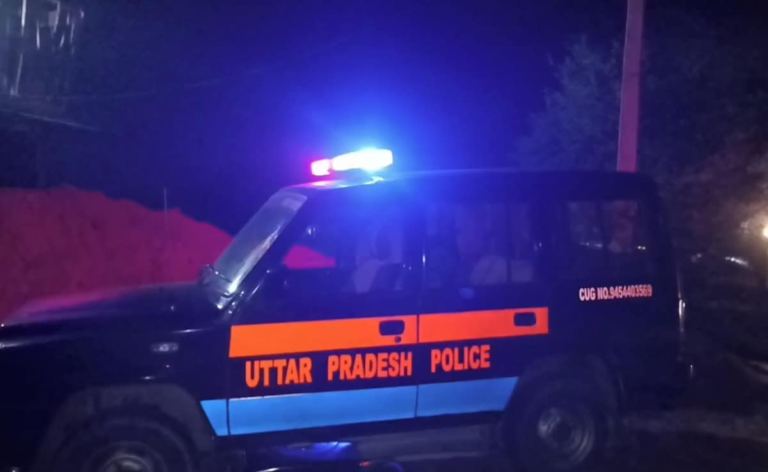At the heart of the Supreme Court (SC) order that struck down the Electoral Bonds Scheme, 2018 on Thursday is that this route of political funding, introduced through amendments to the Finance Act in 2017, is opaque and violates the provisions of Article 19(1)(a) of the Constitution. Article 19(1)(a) concerns the right to freedom of speech and expression, which includes the right to information. The SC has held that the scheme infringes upon the right to information of the voter since political parties are not required to reveal the names and addresses of those contributing by way of electoral bonds in their reports filed with the Election Commission of India (ECI). This has been a criticism held against electoral bonds from the time of its inception and the Court seemed to concur with it: It held that the “information about funding of political parties is essential for the effective exercise of the choice of voting.”

The fact is, election funding is a messy affair the world over. Elections are expensive affairs and political parties take money from corporate houses to fund their campaigns. There is nothing wrong with the latter providing funds to political parties. The key issue is transparency. As the Court has flagged, political contributions may allow contributors to exercise influence on policymaking. It is not illegitimate for any party to pursue its concerns provided there is a disclosure of interests. It is up to the voter to make an informed choice, on the basis of the information available on whether there is any quid pro quo involved in donations and policymaking. The job of the Opposition and civil society watchdogs is to spot incongruities and make them a part of the electoral discourse. In that sense, the SC order is an opportunity to clean up the system: The ECI and political parties need to sit together and figure out ways to remove all forms of opaqueness in election funding.
So, what could be the political impact of the Court order? The Electoral Bonds Scheme, with its lack of transparency, favours the party in office. Available data suggests that the BJP has received the bulk of funds through these bonds. However, it would be facile to assume that scrapping the scheme would impact its political prospects. If the BJP is the largest recipient of the bonds, it is because the party is successful, not vice versa: Money, after all, tends to chase a winner. The Opposition’s demand for transparency in poll funding is legitimate, but it will be overreading the verdict to expect it to swing the polls its way.
Continue reading with HT Premium Subscription
Daily E Paper I Premium Articles I Brunch E Magazine I Daily Infographics








